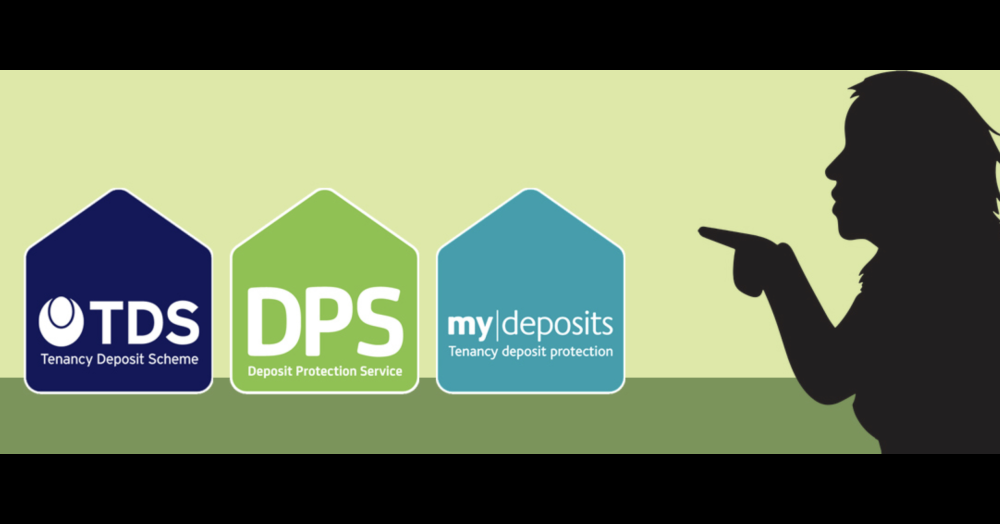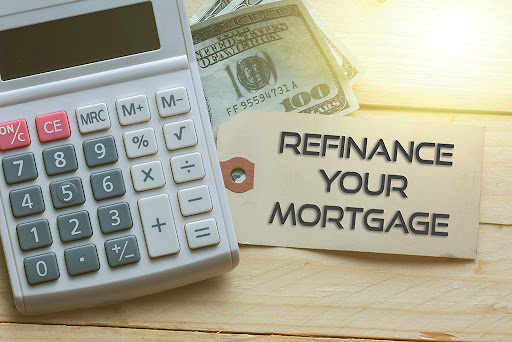If you want to buy a rental property but need to borrow the cash, you will have to take out a buy-to-let mortgage. These are different to residential mortgages and have special terms and conditions attached.
What are buy-to-let mortgages?
These are loans to buy an investment property which you plan to rent out to tenants.
How they work
Buy-to-let mortgages work just like any other mortgages except lenders use a different method to work out how much they will lend you. Most lenders look at the expected rental income from the property you plan to buy to decide how much you can borrow. Some lenders will also look at your income when deciding.
Most lenders want the rental income to be at least 125% of your monthly mortgage repayments. So if your monthly mortgage payments are £1,000 you would need an expected rental income of at least £1,250. This is sometimes called the rent to mortgage interest cover. The difference is designed to cover your costs such as maintenance and periods when you don’t receive any rent.
Lenders usually require a large deposit for buy-to-let mortgages. Most lenders will only lend 60% to 75% of the value of the property which means you will need a deposit of 25% to 40%.
It’s possible to get both repayment and interest-only buy-to-let mortgages and many lenders offer deals on the interest rates such as fixed, variable, discounted and capped rates.
What to watch out for
Buy-to-let mortgages are more expensive than residential mortgages. Lenders charge higher interest rates on these loans because they regard them as higher risk than residential mortgages. The arrangement fees on buy-to-let mortgages are also higher and can be a flat fee or a percentage of the amount borrowed such as 1% to 3.5%.
Lenders also often restrict the number of properties you can own. For example, a lender may only offer you a mortgage if you have no more than two other buy-to-let properties.
Who offers buy-to-let mortgages?
Buy-to-let mortgages are available from specialist lenders and some high-street banks and building societies. If you’d like help comparing deals, particularly from specialist lenders not on the high street, contact an independent mortgage broker.
Regulation
Buy-to-let mortgages are not regulated by the Financial Services Authority (FSA). This means they’re not controlled in the same way as standard home loans and brokers and lenders offering these mortgages do not have to meet the FSA’s standards on how they sell, promote or advertise these mortgages.
If you do have a problem with a buy-to-let mortgage you should first contact your lender which will have its own complaints procedure. Hopefully, the issue can be resolved through this formal process and there is no need to go to court.
For complaints about a mortgage broker, first contact the broker to try to resolve the situation. If that fails, contact the Financial Ombudsman Service on 0845-080 1800.



